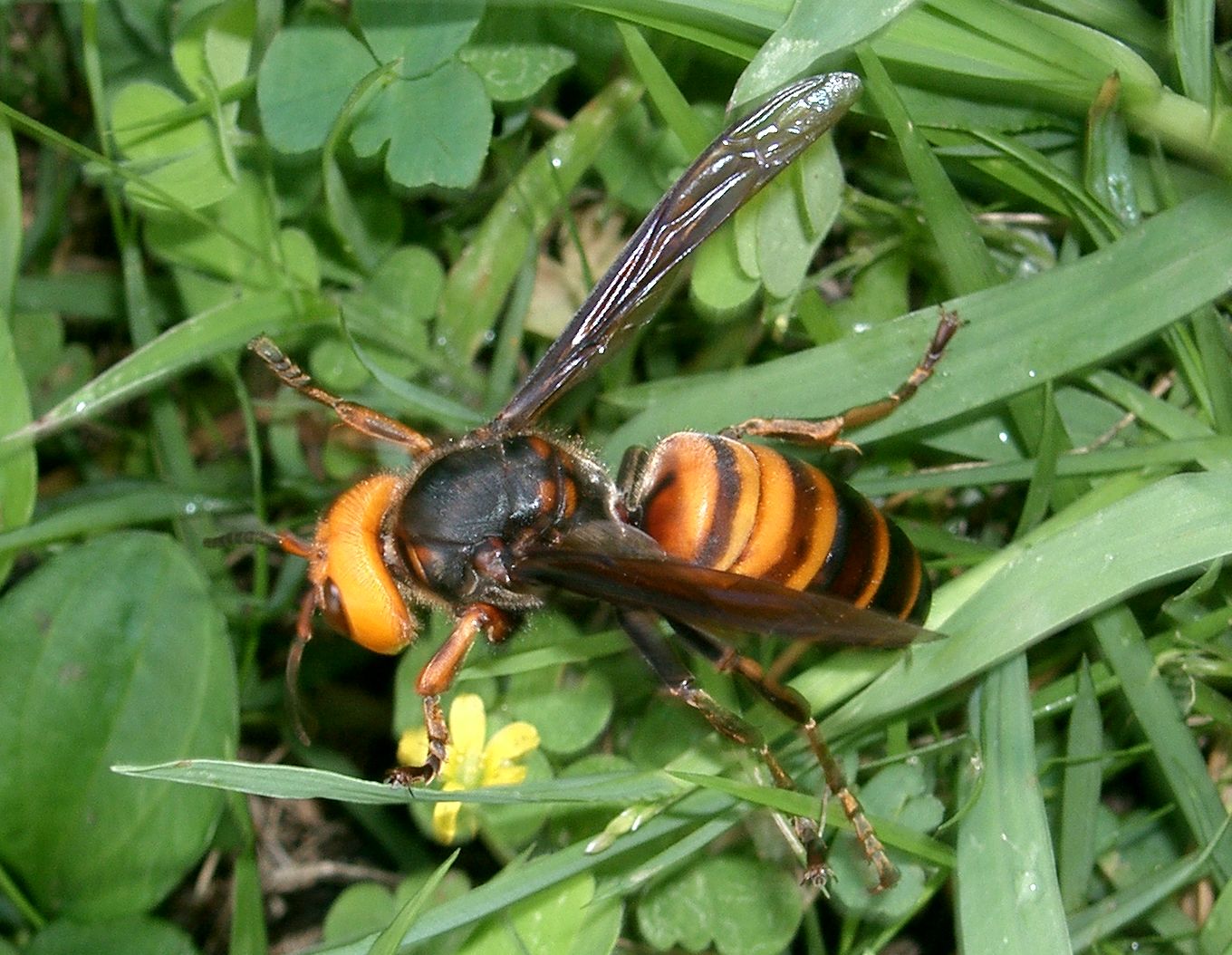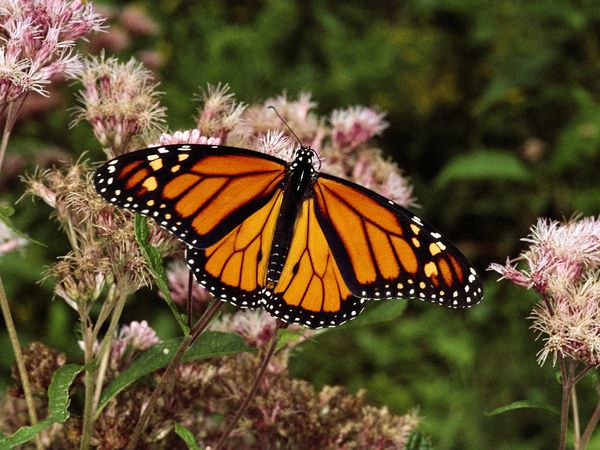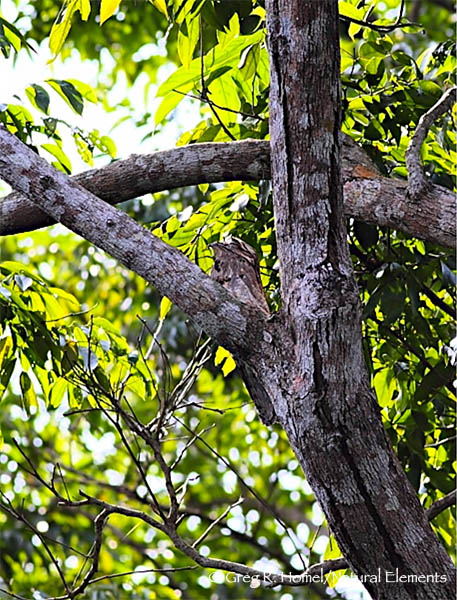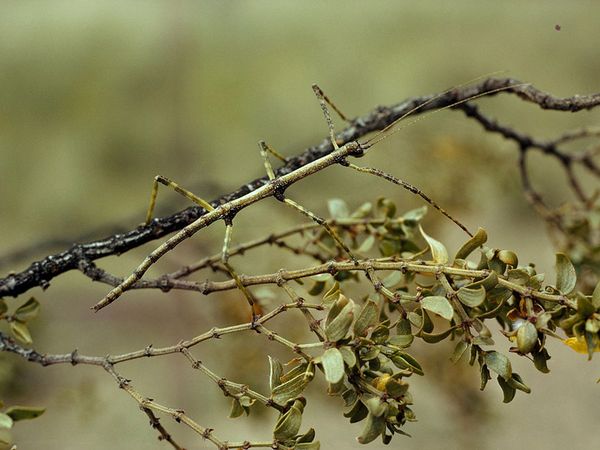Mutualism
- Both species benefit from the interaction
- Removal of one species has detrimental effect on other
- e.g. mycorrhizae
Commensalism
- One species benefits, the other is unaffected
- Removal of beneficial species has detrimental effect on other, but not vice versa
- e.g. epiphytes on tropical trees
Parasitism
- One species benefits at the expense of another
- Removal of parasitic species has beneficial effect on host
- Loss of the host (prior to reproductive cycle) has detrimental effect on parasite
- Frequently not fatal, but can weaken host response to other stresses
- Parasites that trigger disease and death called pathogens
- e.g tapeworm, crown gall bacteria
Predation
- One species consumes the other (or most thereof)
- Capture prey through pursuit and ambush
- Consumers are predators
Evolutionary arms race
- Deterrence
- Impose (or imply) cost on potential predator
- Bright, bold coloration frequent
- Mimicry by freeloaders
- e.g. hornet, cacti, Monarch Butterfly
- Predator adapts through physiological or behavioral changes
- Avoidance
- Avoid detection by potential predator
- Cryptic coloration frequent
- e.g. Potoo, Walking Stick
- Predator adapts through sensory or behavioral changes
- First predator to adapt gains competitive advantage
Asian Giant Hornet
Nopal(?) Cactus
Monarch Butterfly
Potoo
Walking Stick
Brian M Napoletano
2011-09-14




